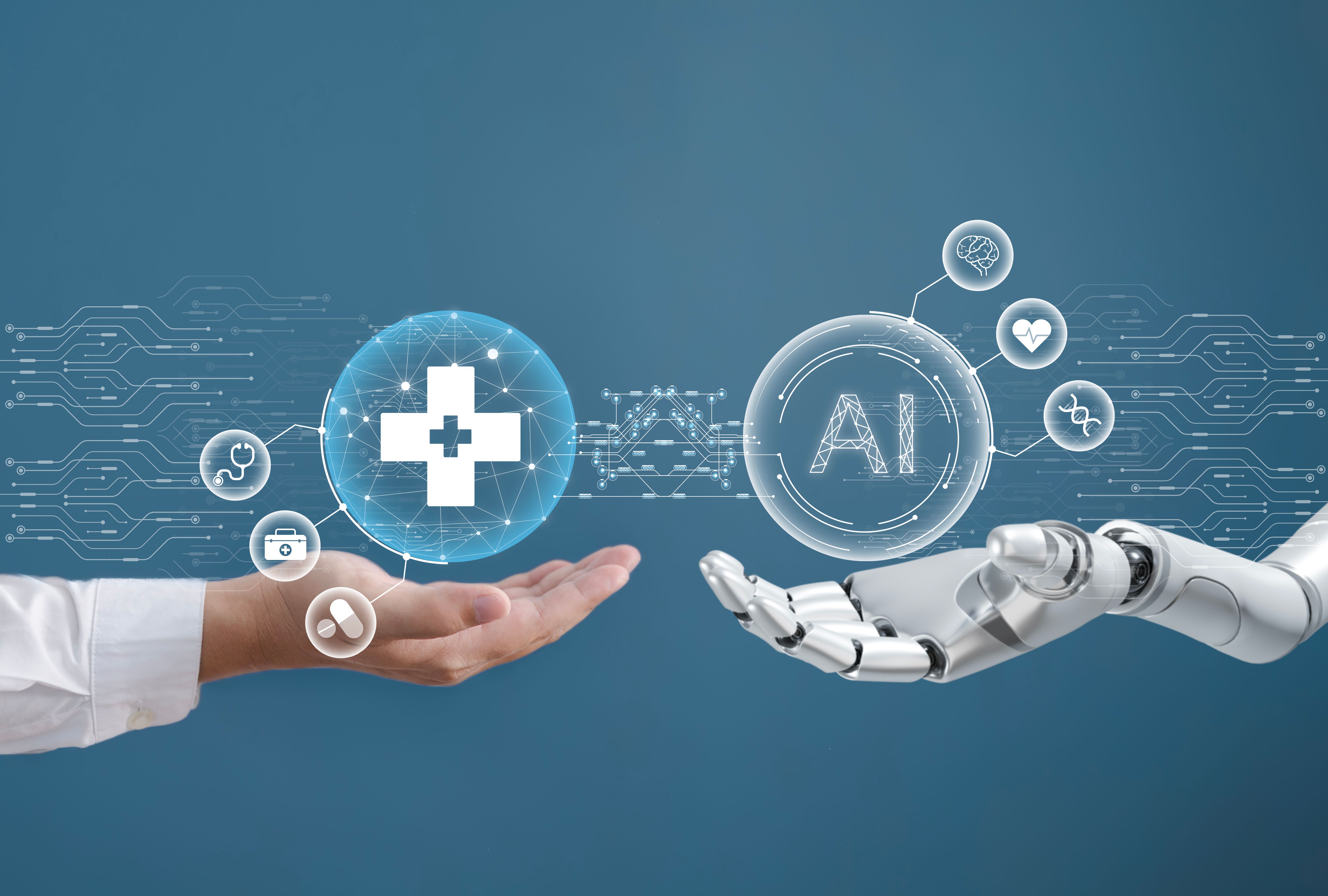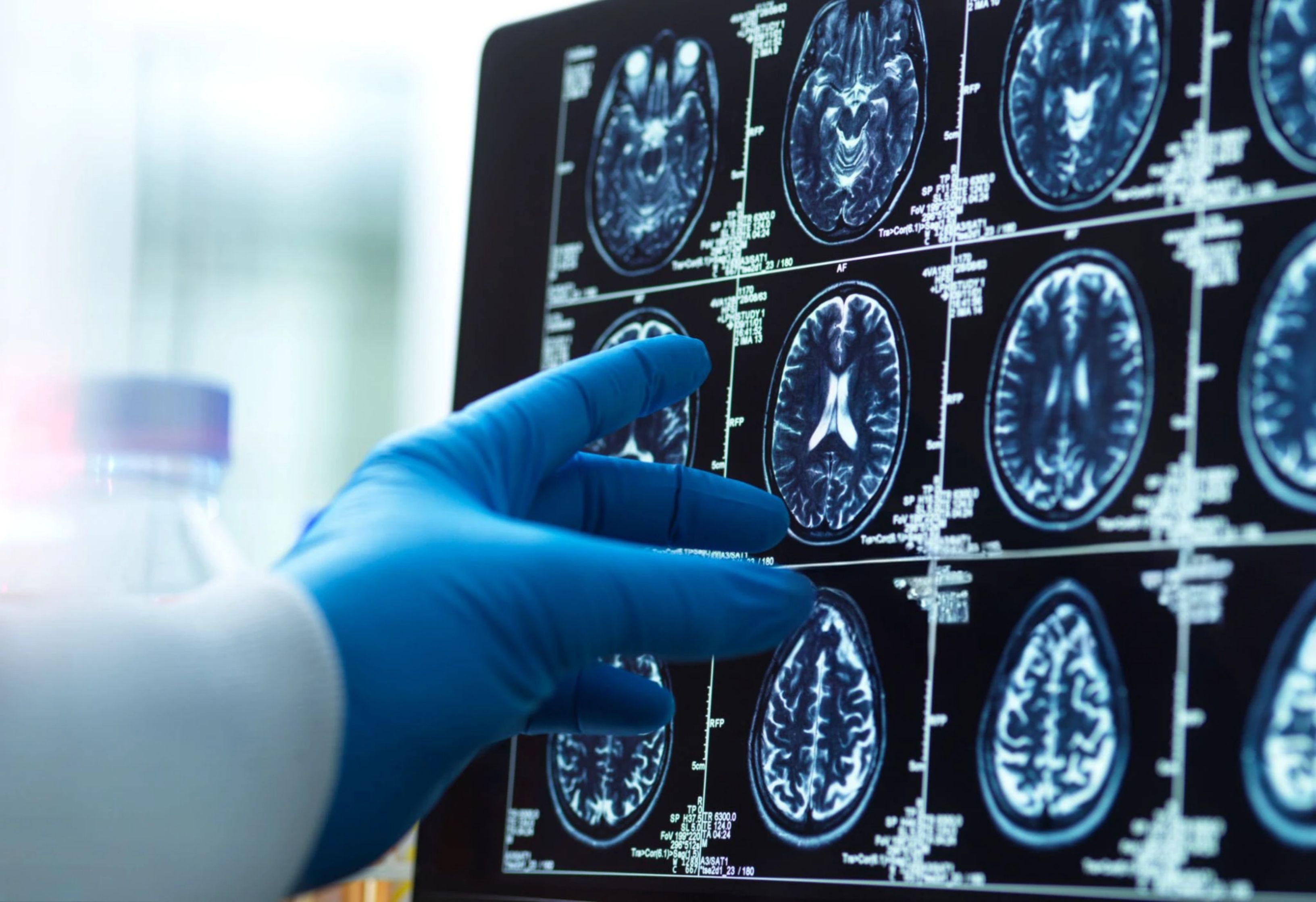AI Healthcare Trends to Watch in 2025
Introduction to AI in Healthcare
As we step into 2025, the integration of artificial intelligence (AI) in healthcare is becoming increasingly significant. With advancements in technology, AI is transforming the way healthcare providers deliver services, making processes more efficient and patient-centric. This year, several trends are emerging that promise to enhance healthcare delivery and outcomes.
AI's ability to analyze vast amounts of data quickly and accurately is revolutionizing diagnostics, treatment planning, and patient monitoring. The potential benefits are immense, from reducing operational costs to improving patient care experiences.

Predictive Analytics for Early Diagnosis
One of the most promising applications of AI in healthcare is predictive analytics. By leveraging big data, AI algorithms can identify patterns and predict health issues before they become critical. This proactive approach enables early intervention, which is crucial in managing chronic diseases and preventing complications.
For instance, AI can analyze patient data to predict the likelihood of conditions such as diabetes or heart disease, allowing healthcare providers to tailor interventions that can delay or prevent onset. This trend not only improves patient outcomes but also reduces the burden on healthcare systems.
AI-Enhanced Imaging and Diagnostics
AI's role in imaging and diagnostics continues to grow, with machine learning models being used to interpret medical images with remarkable accuracy. Radiologists are using AI to detect abnormalities in X-rays, MRIs, and CT scans more efficiently, reducing the time taken for diagnosis and increasing precision.

Personalized Medicine Through AI
Personalized medicine is another area where AI is making significant strides. By analyzing genetic information and medical histories, AI can help develop customized treatment plans tailored to individual patients. This approach not only improves treatment efficacy but also minimizes side effects.
Pharmacogenomics, the study of how genes affect a person's response to drugs, is being enhanced through AI to ensure patients receive the right medication at the right dose. This trend is set to redefine how treatments are prescribed and administered.
AI in Remote Patient Monitoring
The rise of telemedicine has been a game-changer in recent years, and AI is further enhancing its capabilities through remote patient monitoring. Wearable devices and smart sensors collect real-time health data, which AI algorithms analyze to provide insights into a patient’s condition.

Ethical Considerations and Data Privacy
As AI becomes more integrated into healthcare, ethical considerations around data privacy and security become paramount. Ensuring patient data is protected while maintaining transparency in AI decision-making processes is critical for building trust in these technologies.
Healthcare providers must navigate these challenges by implementing robust data protection measures and fostering an environment where AI tools are used responsibly and ethically.
The Future Outlook
The future of AI in healthcare looks promising, with continuous advancements paving the way for more innovative solutions. As we move forward, collaboration between technology developers, healthcare providers, and regulators will be essential to harness AI’s full potential while addressing its challenges.
In conclusion, 2025 is set to be a pivotal year for AI in healthcare, with trends focusing on enhancing patient care, improving diagnostics, and ensuring ethical practices. Embracing these changes will be crucial for healthcare systems worldwide as they strive to deliver better outcomes for patients.